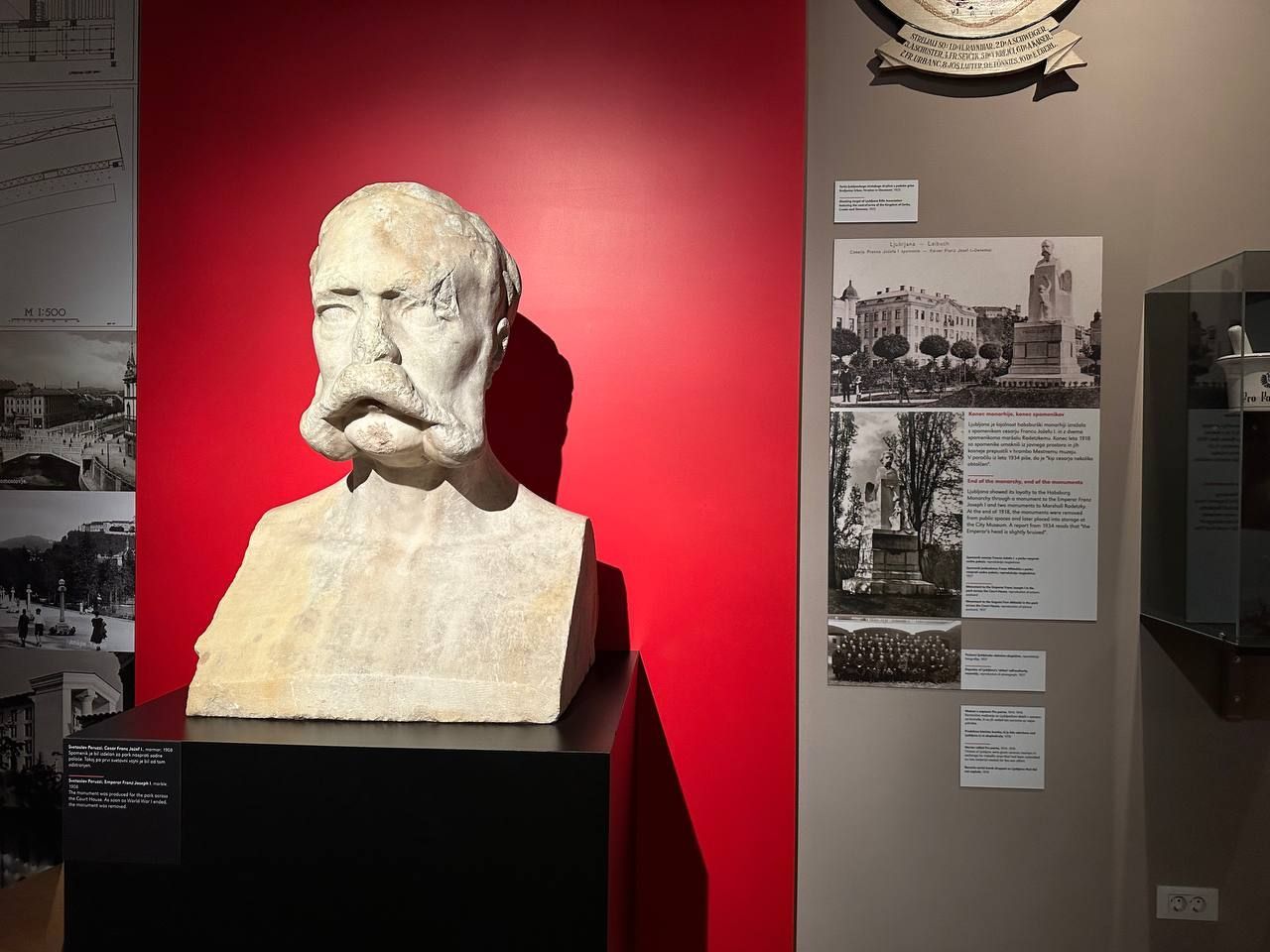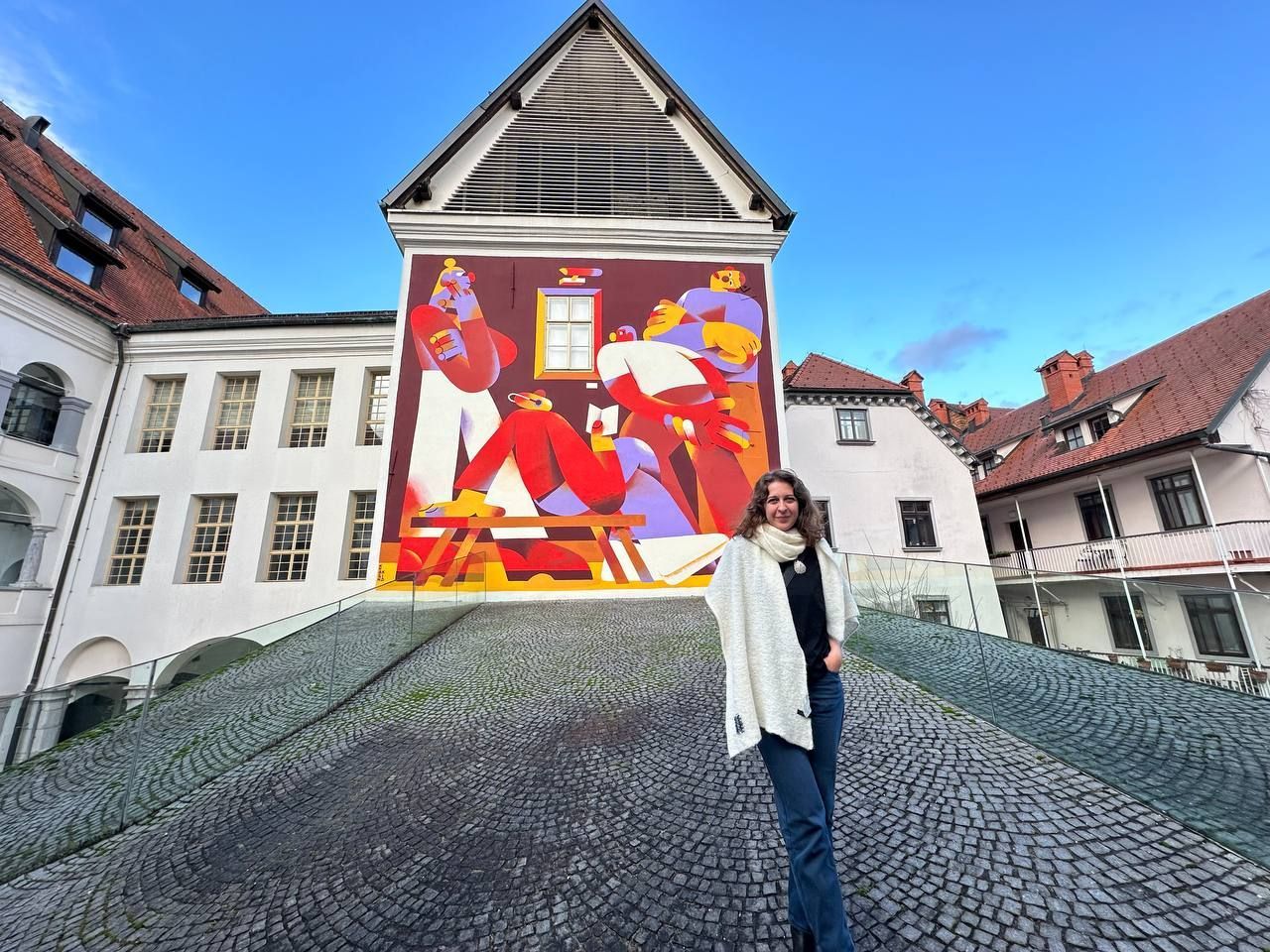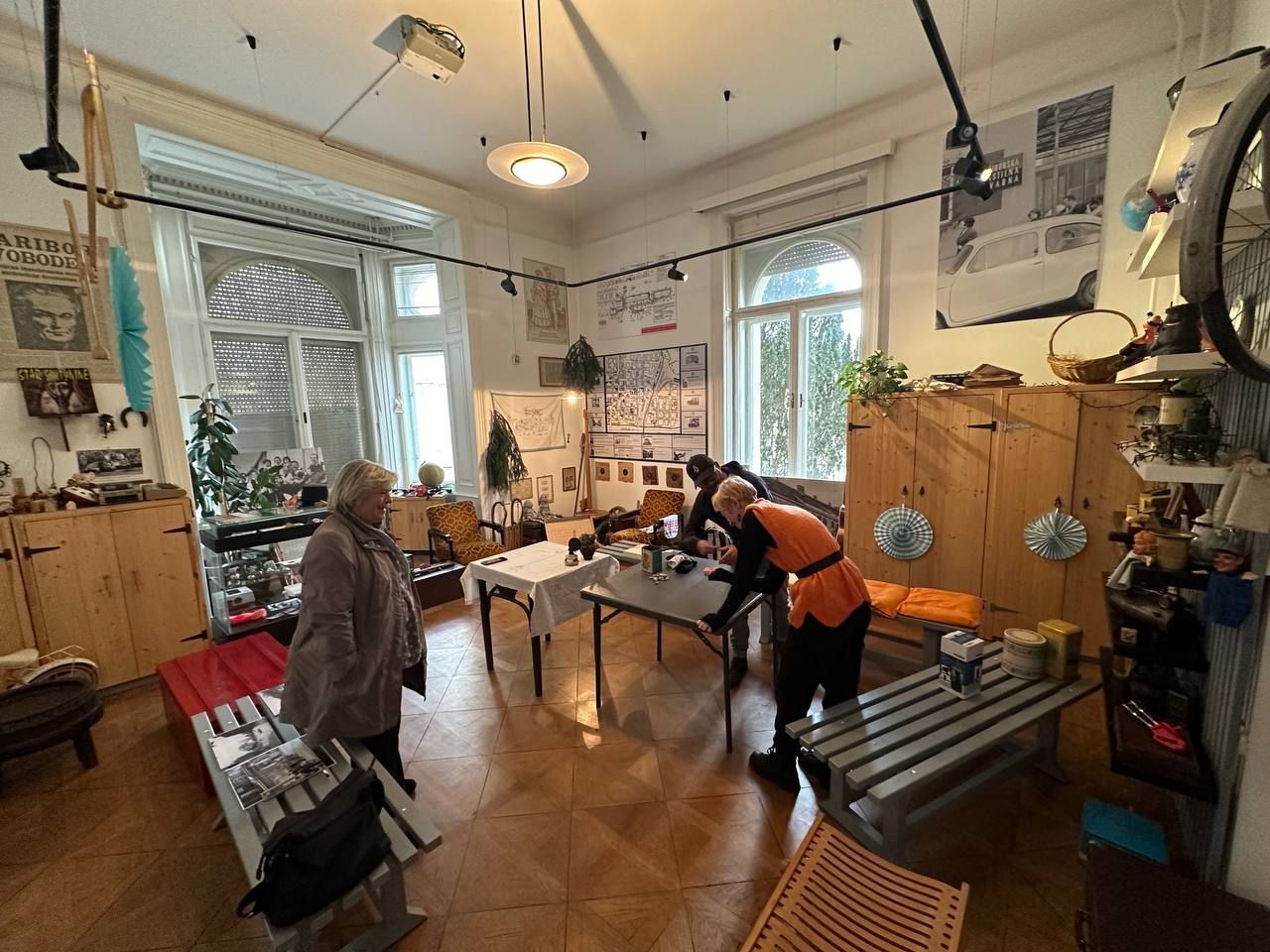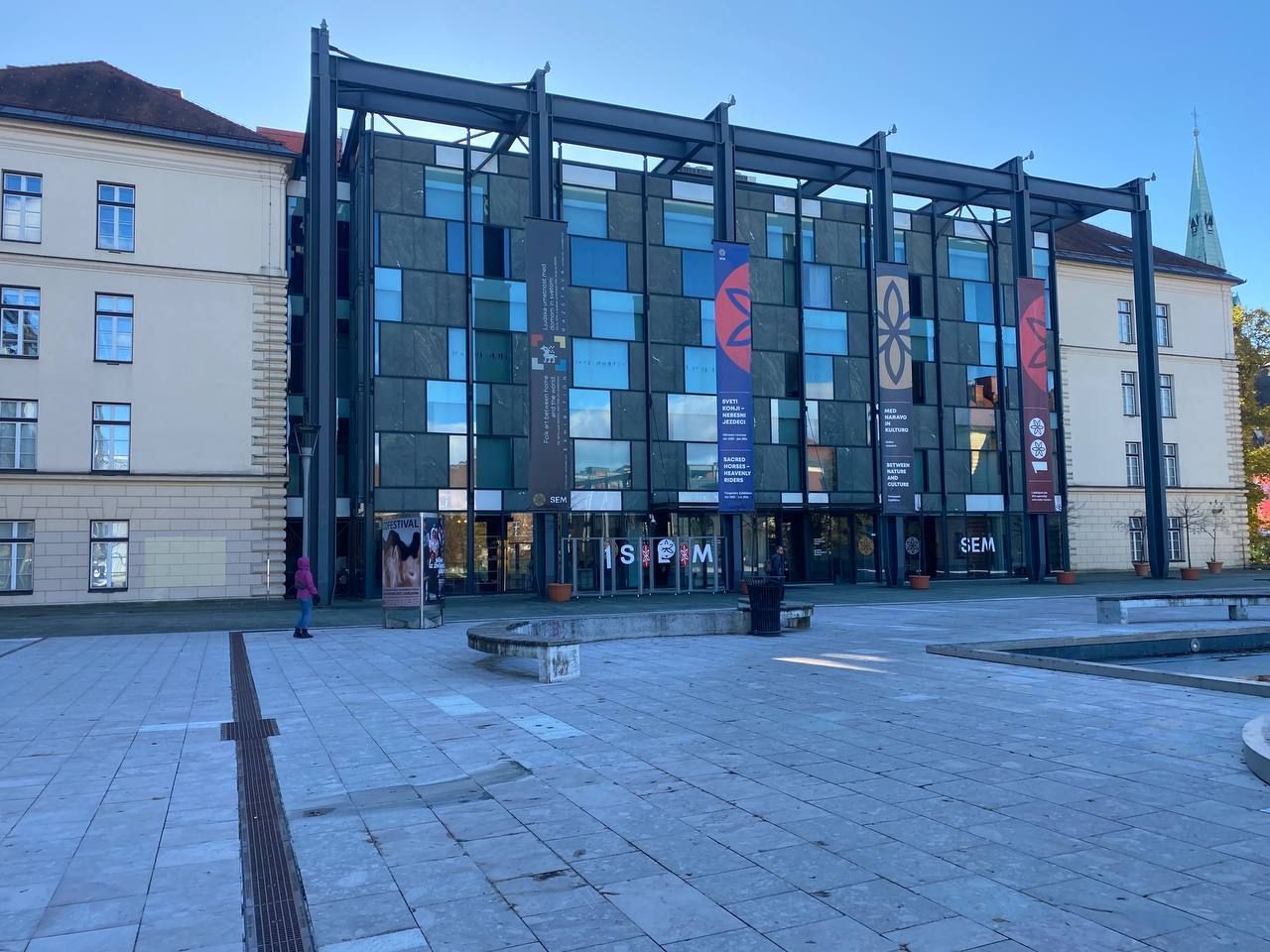Museum Residency “Ukraine - Slovenia” 2023
In 2023 the Forum of Slavic Cultures, the Territory of Terror Museum and the Museum Crisis Centre conceived and implemented a “spontaneous” project, the Residence for Ukrainian Museum Workers.


“Slovenia is a terra incognita for Ukrainians, and on the contrary Slovenians became acquainted with Ukraine and Ukrainians only with the beginning of the full-scale invasion. Although the name's etymology comes from "sloven," the Proto-Slavic form of "Slavs," it is difficult for the average Ukrainian to identify the exact cultural region to which the state belongs. This is because we know little about each other. However, the same cannot be said for Russia, which was present in Slovenian culture in a big and strong way until February 2022. Ukrainian cultural and scientific figures and the government need to pay attention to this country. And here we are talking about equal cooperation, as a result of which Ukrainians and Slovens will be able to recognize themselves not in the context of pan-Slavism or the postwar unification of the Slavs, but in the joint construction of a European future with appropriate democratic values. Otherwise, don't wonder if Russia will retake this place, and Slovenians will get to know about us through the Kremlin narratives.
Slovenia has a different experience of communism and a different view of the breakup of Yugoslavia than we expect and imagine. And this is very well illustrated in the expositions of local museums. You feel a certain dissonance when you are in a modern museum (here we are talking about the excellent expert solutions of the City Museum of Ljubljana (Mestni muzej Ljubljana) and the Museum of National Liberation in Maribor (MNOM - Muzej narodne osvoboditve Maribor), in an exhibition with excellent educational solutions, new technology, and then you see a part with a "try on a pioneer handkerchief". To determine whether this should be about canceling or a dialogue in which we can explain why red pioneer scarves are a difficult, contested heritage for us, we need to learn more about the history of Yugoslavia and how history affects this country today. It's all about an open, honest, and long (!) conversation. Not a monologue, but a dialog."
— Liana Blikharska, researcher at the Territory of Terror Memorial Museum of Totalitarian Regimes

“It was my first experience of museum residence, and with its help, I understood its importance. This trip can be described in one word: "questions."
I have lots of questions. About the museums, work, Ukraine, and war. Unfortunately, before the 24th of February, the world knew very little about Ukraine and lived in the russian context, so now we have the consequences. A lot of questions. About the work, projects, museums, and culture of international colleagues. Unfortunately, before February 24, I knew very little about the world, so now I have consequences.
These questions generate a dialog. A dialogue about the communist past with different prisms of perception, about the terrible present with different understandings of it, and about projects with different speeds and bureaucratic moments. But despite everything, these conversations lead to new opportunities, understanding, projects, and awareness."
— Nadiia Vasylyshyna, coordinator of the oral history department at the Territory of Terror museum.

"Residencies in Slovenia are a very important, cool and much needed project, and I hope it will develop and as many museum workers as possible will be able to get acquainted with Slovenian art, museums, galleries and so on.
We have met wonderful people, truly professional. This residency is very needed, as we can develop new connections and possibilities for cultural exchange and enrichment. Common roots of our peoples make it possible to better understand each others cultures and solve the complex problems of our time. For us, as museum workers in a country at war, it is very important to have reliable partners and expand the geography of professional contacts. We believe that such residencies should be expanded and continued, because it is horizontal contacts in times of crisis that solve most of the problems.”
- Mykhaylo Zakopets, director of Shevchenkivskyi Hai Museum



